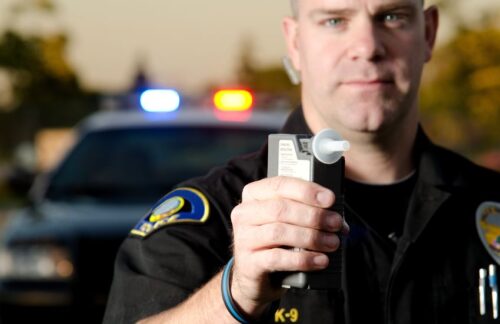Washington Implied Consent Law requires all licensed drivers to consent to a breathalyzer test if an officer suspects DUI. You can refuse to take a sobriety test, but in many cases, the penalty for refusing is harsher than complying.
Penalties for non-compliance vs. compliance
The Washington State Legislature considers personal injury and property losses resulting from impaired driving to be unacceptable. The Washington Implied Consent Law is meant to further reduce the negative effects of DUI/DWI. RCW 46.20.308 enacts swift, clear punishment for drinking and driving.
Refusing to comply with the law results in fines and an automatic one-year license suspension. The law also allows the state to use your refusal to test in any criminal charges against you.
If you take the test and exceed the legal drug or blood alcohol concentration limit, your license suspension will be a minimum of 90 days. Therefore, taking a sobriety test is far less punitive than if you decline to take one.
Washington Implied Consent Law & DUI Laws
DUI laws in Washington outline the following maximum alcohol and drug concentration limits for drivers:
- Age 21 and over: A blood alcohol concentration of 0.08 or more, or a breath THC concentration of 5.00 or more.
- Under 21: A blood alcohol concentration of .002 or more, or a breath THC concentration above 0.00.
License reinstatement after a DUI conviction
You can apply for a restricted license by meeting specific requirements after Washington Implied Consent Law conviction. One condition for license reinstatement is to obtain Washington SR22 insurance. You’ll find details about getting a Washington SR22 financial responsibility certificate on the Washington DOL website.
Licensed UltraCar Insurance agents provide quick, accurate Washington SR22 certificate filings. Ready to reinstate your license? Speak with one of our expert agents or click the orange button for fast online quotes!

